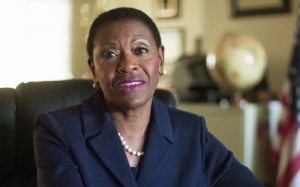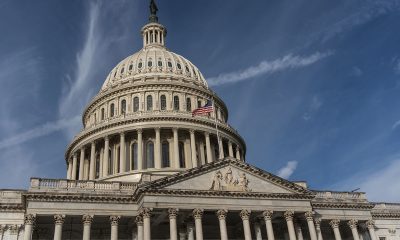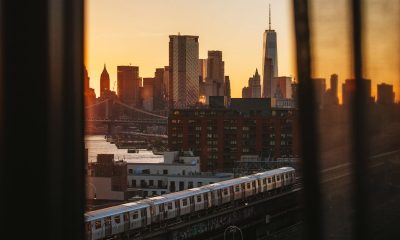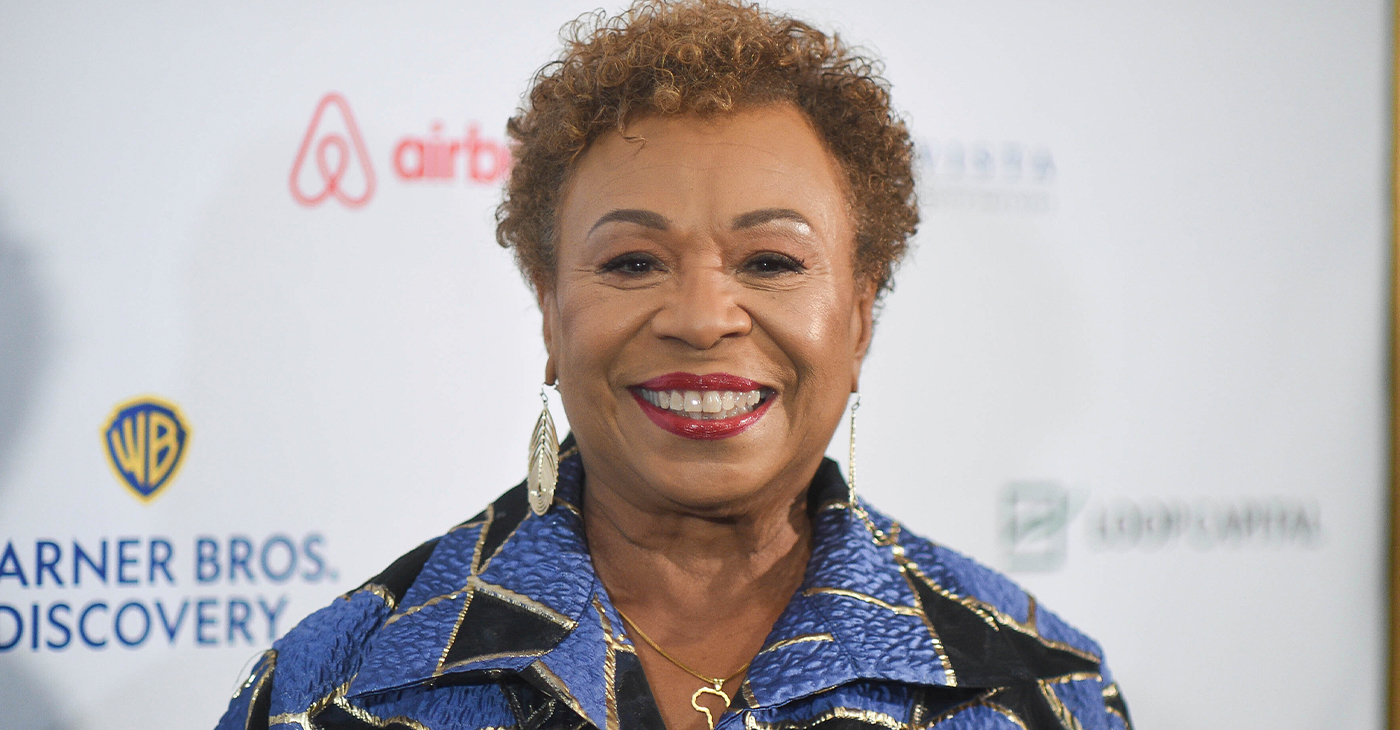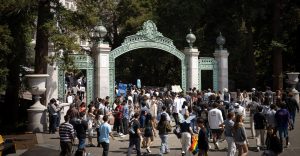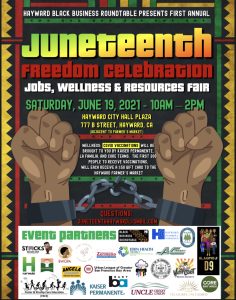racism
6 Ferguson activists have died suspiciously since 2014
ROLLINGOUT.COM — Ferguson, Missouri, is back in the news after several young Black male activists in the city are dead.
Alameda County
Man Arrested for Making Death Threats Against Mayor Barbara Lee
Arrested last week, Pokorny faces a felony for threatening a public official and also hate-crime allegations. He has pleaded not guilty.
California Black Media
Opinion: Some Believe Trump’s Takeover of D.C. Police Is a Necessary Solution to an Unending Crime Epidemic
founding principles that establish congressional oversight over the nation’s capital. By mobilizing 800 members of the National Guard to rein in crime, he is not only prioritizing public safety but also challenging the status quo that has allowed D.C. to spiral into lawlessness.
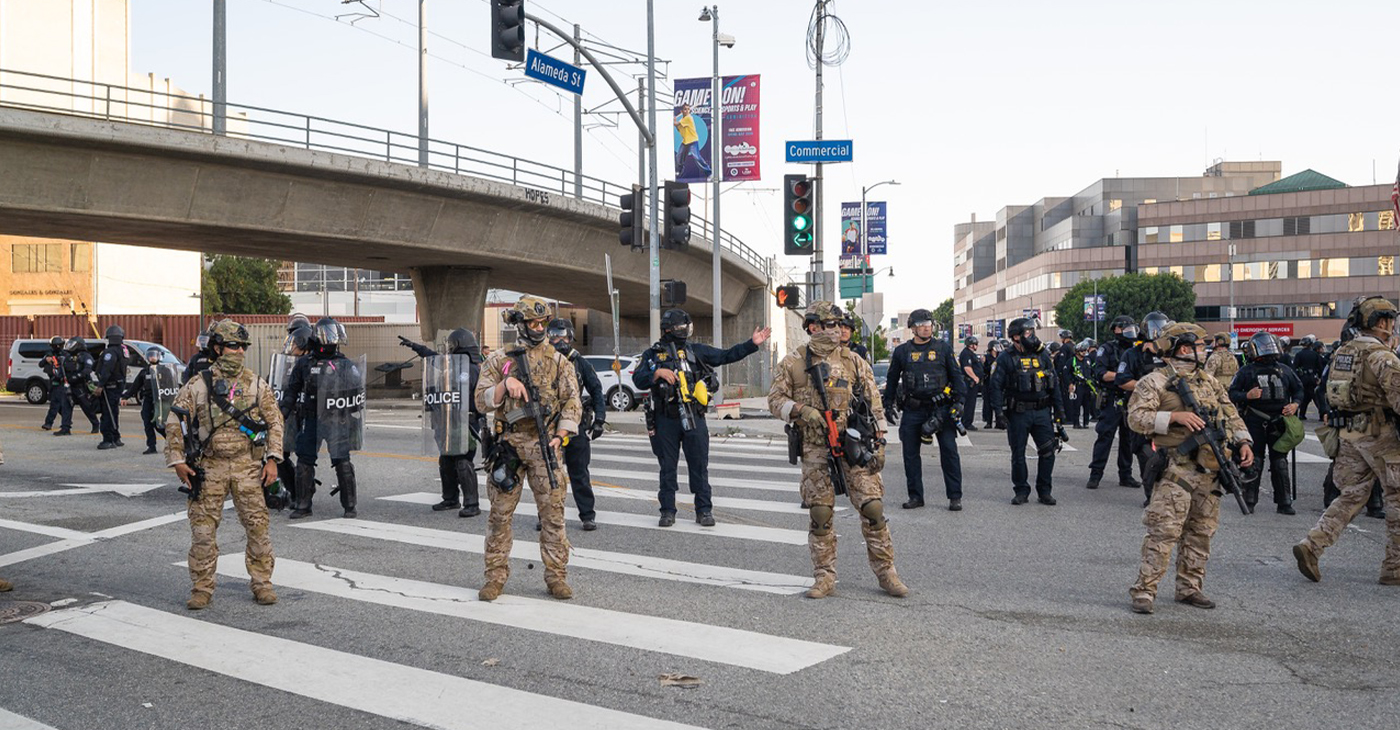
Activism
Organizers Demand Justice for Jalani Lovett, Protest Violence Across California
Terry Lovett, Jalani’s mother, has been fighting for a proper investigation into her son’s death for four years. She has repeatedly reached out to Bonta, asking him to act since the Los Angeles Sheriff’s Department (LASD) refuses to investigate itself. Organizers say that, despite his campaign promises to step up investigation of in-custody deaths, Bonta has refused to take any action on Jalani Lovett’s case.
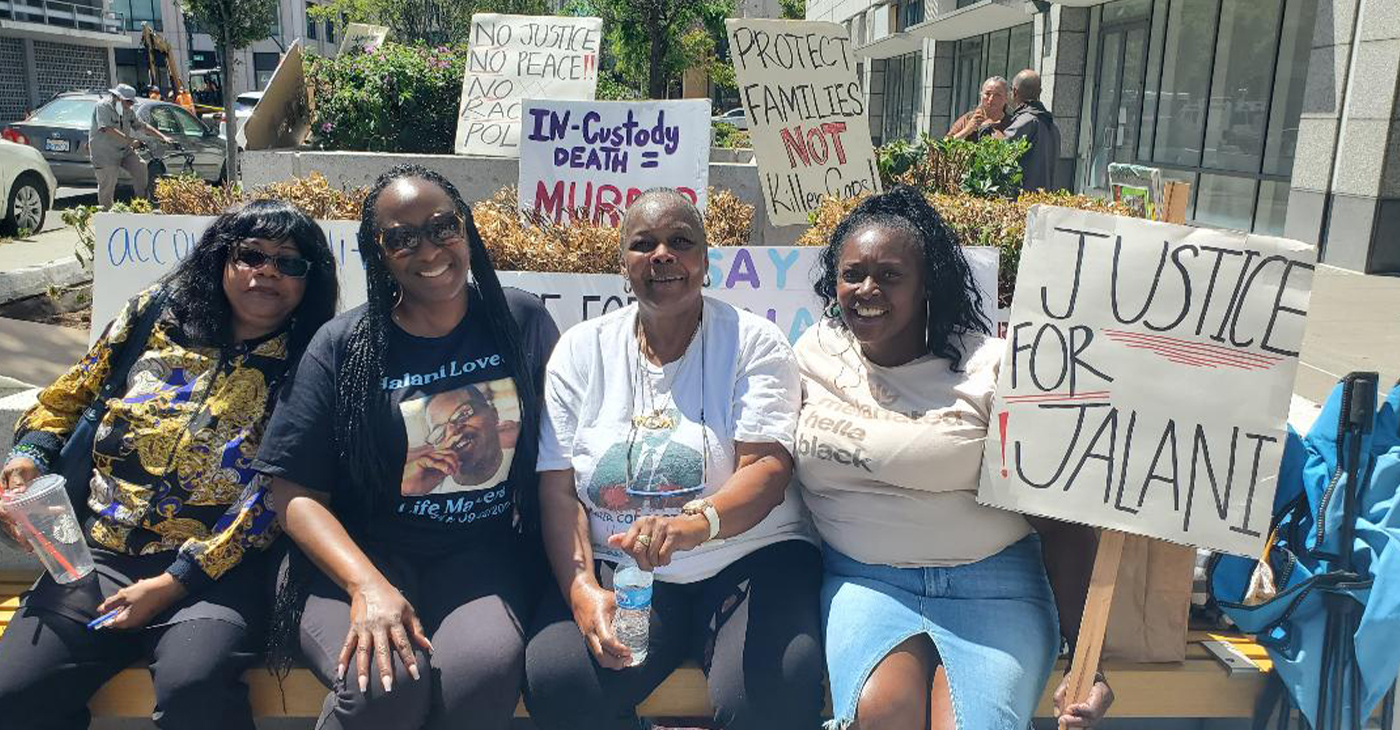
-

 #NNPA BlackPress4 weeks ago
#NNPA BlackPress4 weeks agoJefferson County (AL) Democrats Open Qualifying for 2026 Primary Elections
-

 #NNPA BlackPress4 weeks ago
#NNPA BlackPress4 weeks agoCOMMENTARY: With Gratitude and Praise for 2026
-

 #NNPA BlackPress4 weeks ago
#NNPA BlackPress4 weeks agoSkater Emmanuel Savary Sharpens Routines for the 2026 U.S. Championships
-

 #NNPA BlackPress4 weeks ago
#NNPA BlackPress4 weeks agoFrom Civil Rights to ICE Raids, Trump’s Unchecked Power Puts Every Community at Risk
-

 #NNPA BlackPress4 weeks ago
#NNPA BlackPress4 weeks agoFrom Civil Rights to ICE Raids, Trump’s Unchecked Power Puts Every Community at Risk
-

 #NNPA BlackPress3 weeks ago
#NNPA BlackPress3 weeks agoOP-ED: The Dream Cannot be Realized Without Financial Freedom
-

 #NNPA BlackPress4 weeks ago
#NNPA BlackPress4 weeks agoTravis Scott Teaches Us How to Give Forward
-

 #NNPA BlackPress3 weeks ago
#NNPA BlackPress3 weeks agoFour Stolen Futures: Will H-E-B Do The Right Thing?

